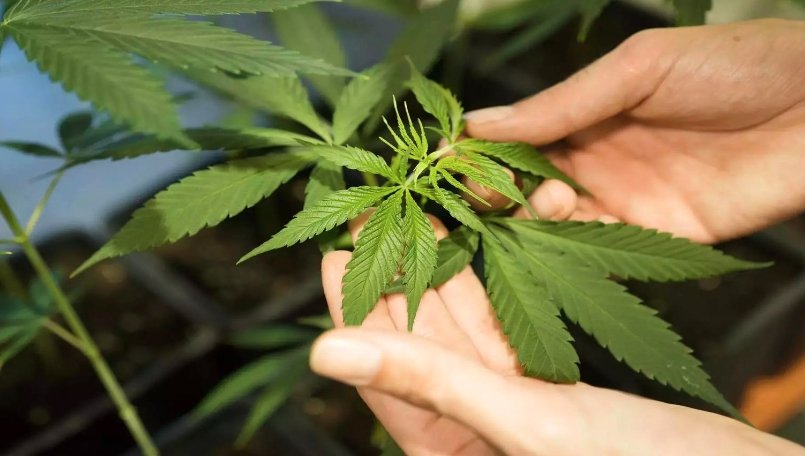In a landmark move, Germany has embarked on a path of partial cannabis legalisation, a decision that has sparked both celebration and concern. This nuanced approach aims to balance personal freedom with public health, reflecting a growing trend in Europe towards the regulated allowance of cannabis.
The New Cannabis Paradigm
Germany’s policy shift comes at a time when cannabis consumption is on the rise, prompting the government to seek a middle ground. The new law permits individuals to possess and cultivate cannabis within specified limits, aiming to undercut the black market and ensure product safety. Critics, however, warn of potential health risks, especially among the youth, and the challenges law enforcement may face.
The legislation allows adults to possess up to 25 grams of cannabis for personal use and to grow up to three plants at home. These measures are part of a broader strategy to control and regulate access, rather than to promote unfettered availability. The law also stipulates that cannabis cannot be consumed in public spaces, such as near schools or sports centres, during certain hours, reflecting the government’s cautious stance.

The Debate Continues
The decision has not been without controversy. Proponents argue that legalisation will dismantle the illicit market and ensure quality control, while opponents fear it will lead to increased consumption and health issues. The German Police Union has expressed concerns about the potential for criminal networks to adapt and exploit the new regulations.
Health experts have also voiced their apprehensions, suggesting that the law could lead to a rise in usage among young people. The government, however, maintains that the move is necessary to combat the dangers of unregulated cannabis, which can often be laced with harmful substances.
Looking Ahead
As Germany navigates this new terrain, the world watches with interest. The success or failure of this policy could influence the global discourse on cannabis legalisation. With careful implementation and ongoing evaluation, Germany’s experiment may offer valuable insights into how societies can manage the complex issues surrounding cannabis use.




